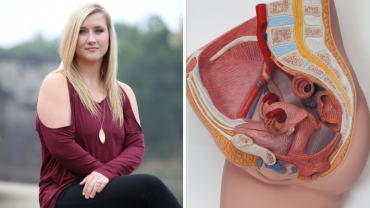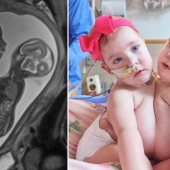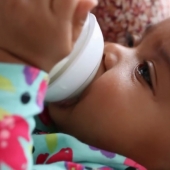Although there are many reasons your baby might suffer from infant gas, the most common cause for annoying episodes of baby gas is related to feeding. With their small tummies and frequent feeding schedule, babies are very vulnerable to developing painful gas. So, what can you do about it?
Recognizing infant gas
Your baby can pass gas up to 20 times every day. For most babies, this is no problem, and there are no unpleasant symptoms. They might fuss for a few seconds, but the gas passes without any issues. For others, however, gas can be a bigger problem. Here are some of the symptoms you might see if your baby is having trouble with gas:
• Crying or fussy
• Squirming
• The tummy is hard to the touch
• Pulling up on the legs
These symptoms tend to be more common among newborns and babies who are only a few months old.
Changing your feeding position
If your baby has any of these symptoms, a good place to start searching for solutions is to evaluate your feeding position. It doesn’t matter if your baby is breastfed or using a bottle — the feeding position can be an issue either way.
First, check to make sure that your baby is latching well on the nipple or bottle. A bad latch can result in extra air being swallowed, which means more burping is necessary.
Then check your feeding position. Many people feed their babies almost in a lying position, with the infants nearly flat on their backs. Instead, make sure your baby’s head is higher than his or her tummy. This will make it easier for him or her to swallow and ensure that the milk or formula goes to the bottom of the tummy, which allows the gas to rise to the top.
Also, make sure to burp your baby frequently. This will help relieve the pressure, so your baby is more comfortable, and may help prevent infant gas.
- 8343 views













